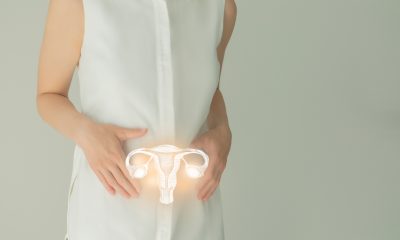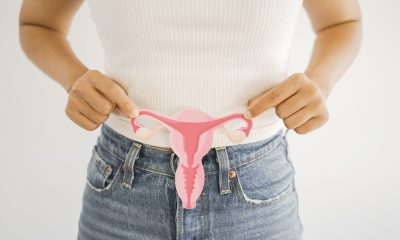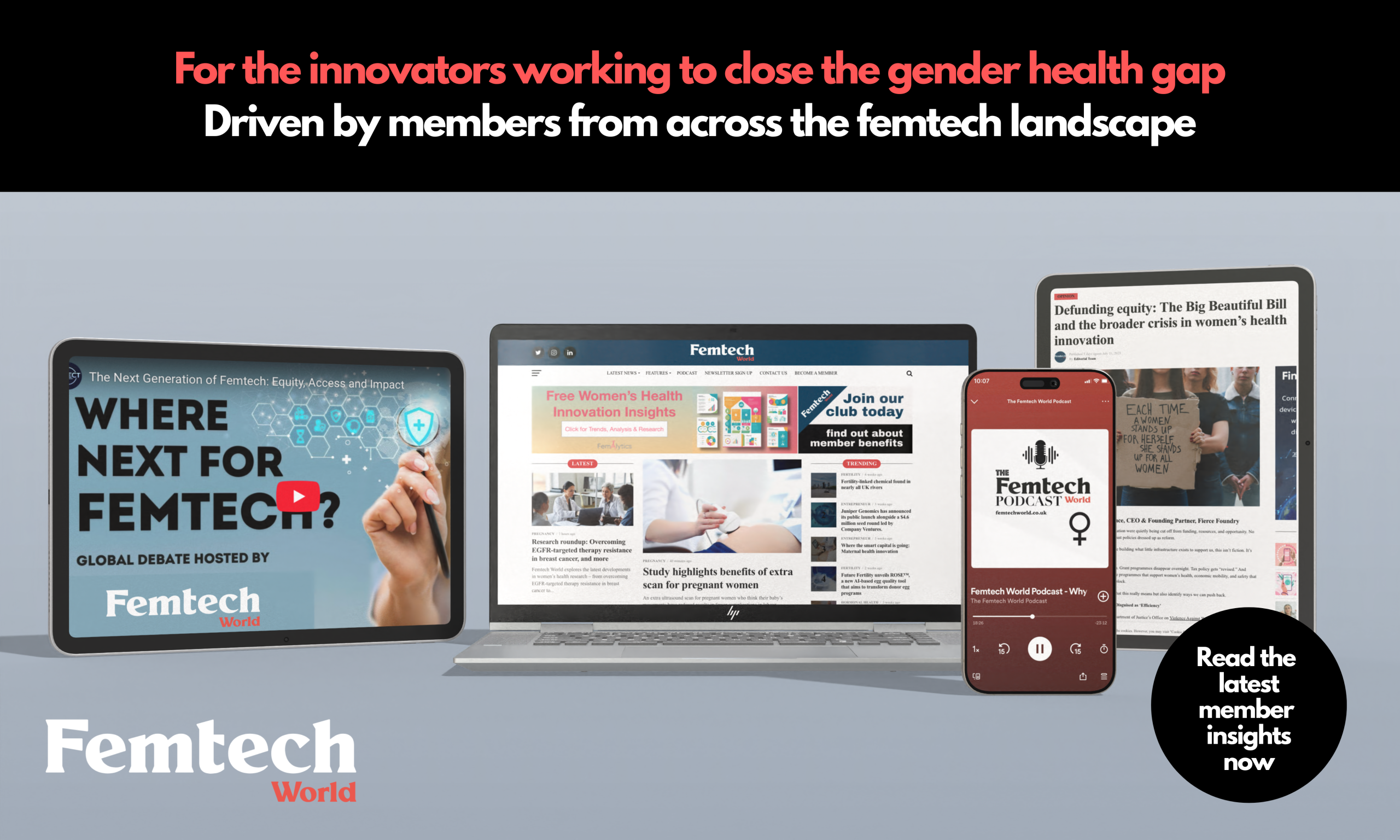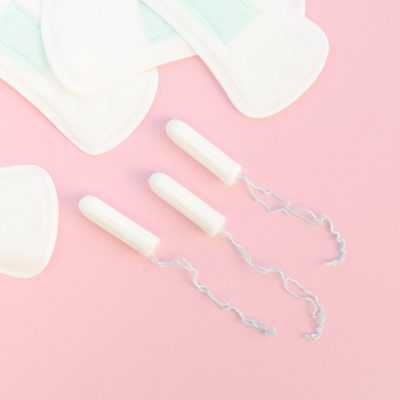Special
Five women’s health documentaries to watch in 2023

In a world where women’s health concerns have been marginalised and overlooked, documentaries emerge as powerful catalysts for change.
These compelling narratives delve into the complexities of women’s health and wellbeing, shining a light on pressing issues and advocating for change.
With better awareness of issues surrounding menopause and reproductive health, these productions play a pivotal role in shaping a more equitable and compassionate world for girls and women all over the world.
Below, we’ve assembled a list of what we believe are some of the best women’s health documentaries everyone should watch.
Davina McCall: Sex, Myths and the Menopause
British TV presenter Davina McCall was 44 and felt like she was losing it – hot flushes, depression, mental fog. In this powerful documentary, she tells her menopause story, busting midlife taboos from sex to hormone treatment.
Underpinned with the personal stories of women from a variety of backgrounds who have lived through everything the menopause has thrown at them, Davina’s first Channel 4 film sparks a candid conversation about the subject and investigates the science that adds to our understanding of the menopause and its impact on women’s health.
Below the Belt
Through the personal and inspiring stories of four women urgently searching for answers to mysterious symptoms, Below the Belt exposes widespread problems in our healthcare system that disproportionately affect women.
Through the lens of endometriosis, a disease that affects one in nine women, the film shows how women are often dismissed, discounted and disbelieved. During the 10 years it takes to be diagnosed with endometriosis, women are often told that symptoms are in their head or part of being a woman.
Due to outdated notions, they are then often treated with an array of ineffective drugs and surgeries and erroneously told that pregnancy and hysterectomy are cures. Nearly 50 per cent of infertility cases are due to endometriosis and almost all are preventable.
From societal taboos and gender bias to misinformed doctors and financial barriers to care, Below the Belt shines a light on how millions are effectively silenced and how, by fighting back, they can improve healthcare for all women.
Davina McCall’s Pill Revolution
After starting a national conversation with her first documentary on the menopause, Davina McCall turned her attention to the contraceptive pill after watching the struggles of her 19-year-old daughter.
Released in June, the Pill Revolution looks at the existing evidence base, side effects and other contraceptive options. It also features Davina having a Mirena coil fitted by Wellbeing of Women Chair, Professor Dame Lesley Regan, to help demystify the process.
Through a compelling programme featuring some heartbreaking testimony from women who started the pill only to be overcome by depression, the TV presenter hopes her most recent film will lead to more research, better care and broader contraceptive options for women.
Abortion Helpline, This Is Lisa
Shortlisted for Oscars 2021 for Best Documentary Short Subject, Abortion Helpline, This Is Lisa exposes how economic stigma and legislation have determined access to abortion in America.
Filmed at an abortion helpline centre in Philadelphia, where counsellors – all called Lisa – arrive each morning to the nonstop ring of calls from women and teens seeking financial help to end a pregnancy, the documentary shines a light on the importance of accessing safe, legal and affordable abortion services in the US.
Women’s Health: Breaking the Taboos
In a fascinating Channel 5 documentary series, British TV presenter Cherry Healey uncovers the secrets surrounding female health issues, joining a variety of women who share their stories, discover what help is available for them and embark on treatment.
The programme sees Healey take a closer look at some of the most prominent conditions affecting women today, in a bid to get more of us talking about our health.
Covering everything from vaginal dryness and incontinence to heavy periods and endometriosis, Women’s Health: Breaking the Taboos is definitely a must-watch series.
News
HIV research paves way for new ovarian cancer therapies

HIV research has identified a new target for ovarian cancer by selectively blocking a cleft in the retinoblastoma protein that protects tumour-supporting macrophages.
The discovery could make ovarian – and potentially other – cancers more responsive to immunotherapies, treatments that use the body’s immune system to fight disease.
Scientists at the Wistar Institute found that targeting a specific cleft in the retinoblastoma protein removed only tumour-supporting macrophages while sparing those that fight disease.
Macrophages are immune cells that can either attack tumours or shield them from harm.
The work builds on decades of HIV studies led by Dr Luis Montaner, executive vice president of the Wistar Institute and director of its HIV Cure and Viral Diseases Center.
Montaner said: “This target emerged from our work understanding how macrophages survive HIV infection.
“It shows how insights from one field of medicine can inform breakthroughs in another.”
Targeting tumour-protecting macrophages without harming beneficial ones has long been a challenge.
Wistar researchers showed that selectively inhibiting this protein cleft depleted only tumour-supporting macrophages, leaving protective immune cells intact. Animal studies confirmed tumour shrinkage using this approach.
Montaner said: “This is a first-in-kind target against a solid tumour.
“It opens new avenues for therapies that could complement existing immunotherapies.”
The study highlights the value of long-term, cross-disciplinary research. It took more than 10 years from the initial HIV-linked finding to identifying this cancer target.
Next steps include exploring applications in acute myeloid leukaemia, pancreatic cancer and combination therapies.
News
US incineration of contraceptives denies 1.4m African women and girls lifesaving care, NGO says
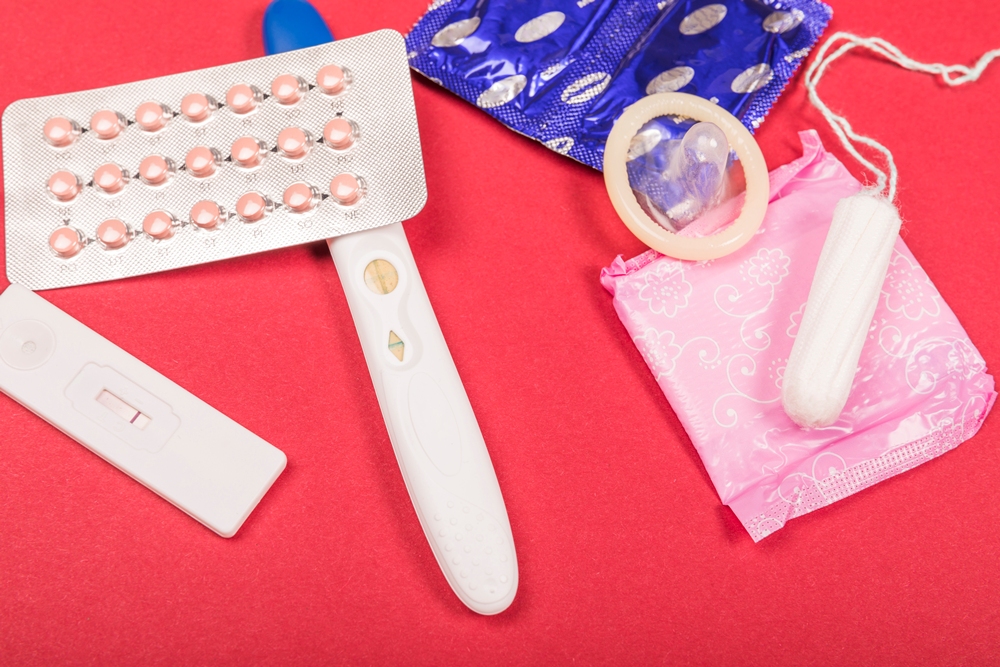
The US decision to incinerate US$9.7m worth of contraceptives is expected to result in 174,000 unintended pregnancies and 56,000 unsafe abortions across five African countries.
The medical supplies, many of which were not due to expire until between 2027 and 2029, would have supported more than 1.4 million women and girls in the Democratic Republic of Congo, Kenya, Tanzania, Zambia and Mali.
The products had already been manufactured, packaged and prepared for delivery. Around 77 per cent were earmarked for distribution in the five African nations.
The International Planned Parenthood Federation (IPPF), a global healthcare provider and advocate for sexual and reproductive rights, offered to take the contraceptives for redistribution at no cost to US taxpayers. The offer was declined.
IPPF said the decision would deny women and girls in the affected countries access to lifesaving care.
Tanzania will be hardest hit, losing more than 1 million injectable doses and 365,100 implants – small devices inserted under the skin that release hormones to prevent pregnancy.
This amounts to 28 per cent of the country’s total annual contraceptive need.
Dr Bakari, project coordinator at Umati, IPPF’s member association in Tanzania, said: “We are facing a major challenge.
“The impact of the USAID funding cuts has already significantly affected the provision of sexual and reproductive health services in Tanzania, leading to a shortage of contraceptive commodities, especially implants.
“This shortage has directly impacted clients’ choices regarding family planning uptake.”
In Mali, women will lose access to 1.2 million oral contraceptive pills and 95,800 implants, nearly one-quarter of the country’s annual requirement.
In Zambia, 48,400 implants and 295,000 injectable doses will no longer be available. In Kenya, 108,000 women will go without contraceptive implants.
Marie Evelyne Petrus-Barry, IPPF’s Africa regional director, called the move “appalling and extremely wasteful”.
She said: “These lifesaving medical supplies were destined to countries where access to reproductive care is already limited, and in some cases, part of a broader humanitarian response, such as in the DRC.
“The choice to incinerate them is unjustifiable.”
In Kenya, the cuts compound an already strained system.
Nelly Munyasia, executive director of the Reproductive Health Network in Kenya, said stocks of long-term contraceptives had already run out, and warned of further consequences.
She said: “There is a 46 per cent funding gap in Kenya’s national family planning programme,.
“These systemic setbacks come at a time when unmet need for contraception remains high. Nearly one in five girls aged 15 to 19 are already pregnant or has given birth.
“Unsafe abortions remain among the five leading causes of maternal deaths in Kenya.”
Munyasia also warned that health workers’ skills are being eroded and said a lack of contraceptive access would increase maternal deaths as more women seek unsafe abortions.
While Kenya’s 2010 constitution allows abortion when a pregnant person’s life or health is at risk, the 1963 penal code still criminalises the procedure.
As a result, healthcare providers often avoid offering abortion care, even in emergencies.
A US state department spokesperson confirmed last month that the decision to destroy the supplies had been authorised.
Reports indicated the products were to be incinerated in France, prompting the French government to say it was “following the situation closely” following objections from rights and family planning groups.
The state department said the contraceptives could not be sold or donated to “eligible buyers” due to US legal restrictions, which prohibit foreign aid to organisations that provide abortion services, counsel on abortion, or advocate for abortion rights overseas.
Mental health
Gates foundation pledges $2.5bn to ‘ignored’ women’s health issues

The Gates Foundation will invest US$2.5bn in women’s health research by 2030, it announced on Monday, focusing on conditions from preeclampsia to menopause.
The pledge is around one-third more than the foundation spent on women’s and maternal health research and development over the past five years.
It is also among the first major commitments since Bill Gates said he would give away his US$200bn fortune by 2045.
Gates said: “Women’s health continues to be ignored, underfunded and sidelined. Too many women still die from preventable causes or live in poor health,” said Gates.
“That must change.”
The new funding will support research into under-studied conditions affecting hundreds of millions of women in both high- and low-income countries.
These include preeclampsia – a pregnancy complication that causes high blood pressure – and gestational diabetes, as well as heavy menstrual bleeding, endometriosis and menopause.
Investment will focus on five priority areas: obstetric care and maternal immunisation; maternal health and nutrition; gynaecological and menstrual health; contraceptive innovation; and research into sexually transmitted infections.
The aim is to kickstart research, develop new products, and ensure equitable global access to treatments.
Just one per cent of healthcare research and innovation spending goes to female-specific conditions beyond cancer, according to a 2021 analysis by McKinsey & Co.
Dr Anita Zaidi, the foundation’s head of gender equality, said the field has been held back by data gaps and bias.
She noted that key questions remain unanswered – including how some medicines interact with the uterus.
She told Reuters: “If you look at the literature, there may be only 10 women who’ve been studied, ever.
“We don’t even have the answers to these basic questions.”
Zaidi said the US$2.5bn pledge is a “drop in the bucket” compared to what is needed, and called on governments, philanthropists and the private sector to step in.
-
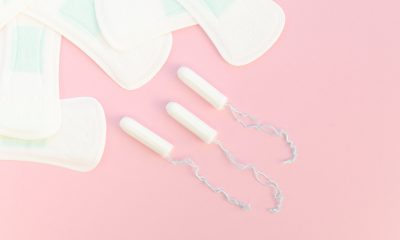
 News4 weeks ago
News4 weeks agoDozens of women report suffering painful burns after using Always sanitary towels
-

 Insight4 weeks ago
Insight4 weeks agoCutting through the noise in femtech – key takeaways from Women’s Health Week 2025
-

 News3 weeks ago
News3 weeks agoAI embryo selection tool wins European approval
-

 Opinion1 week ago
Opinion1 week agoOpinion: Not ‘just stress’ – How hormonal changes affect women’s brain function
-
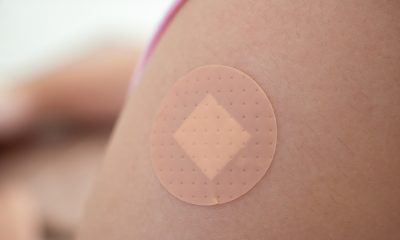
 Wellness3 weeks ago
Wellness3 weeks agoTestosterone patch shows promise for menopausal women
-

 Features3 weeks ago
Features3 weeks agoFrom SEO to GEO: How women’s health brands can get found in the age of AI
-

 News2 weeks ago
News2 weeks agoTop 7 drug-free solutions for managing PMS and PMDD in in 2025
-

 News3 weeks ago
News3 weeks agoFDA approves new menopause drug to treat hot flashes and night sweats







